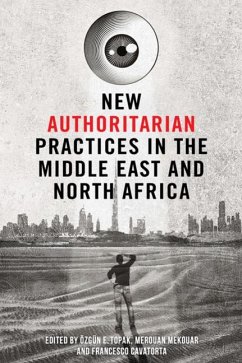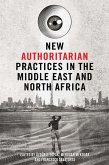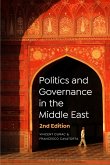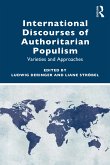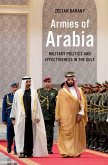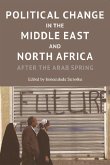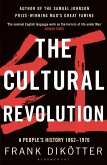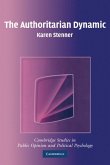The first systematic, critical and comparative assessment of new authoritarian practices in the MENA region This collection examines new authoritarian practices that 16 MENA countries have developed in the aftermath of major uprisings across the region. These span new forms of digital surveillance, new protest policing practices, new forms of control over the judiciary, civil society and media, through to new security and communication laws and state of emergencies. The book also emphasises continuities with past authoritarian practices such as intimidation, imprisonment, torture, extrajudicial killing and ill treatment of dissidents, as well as other practices to suppress dissents and control activists, opposition parties, the judiciary and the media. By focusing on micro-practices of repression, New Authoritarian Practices in the Middle East and North Africa balances macro-structural explanations of authoritarian persistence alongside widespread social discontent and opposition. Key Features - Identifies the continuities and discontinuities in the practice of authoritarianism in the MENA region - Promotes a comparative approach when analysing new forms of authoritarian control in 16 countries: Algeria, Bahrain, Egypt, Jordan, Libya, Iran, Iraq, Israel/Palestine, Morocco, Qatar, Saudi Arabia, Sudan, Tunisia, Turkey, United Arab Emirates and Yemen - Brings together contributions from 18 academics specialising in different countries of the region Özgün E. Topak and Merouan Mekouar are both Associate Professors in the Department of Social Science at York University, Canada. Francesco Cavatorta is Professor of Political Science and Director of the Centre Interdisciplinaire de Recherche sur l'Afrique et le Moyen Orient (CIRAM) at Laval University, Canada.

